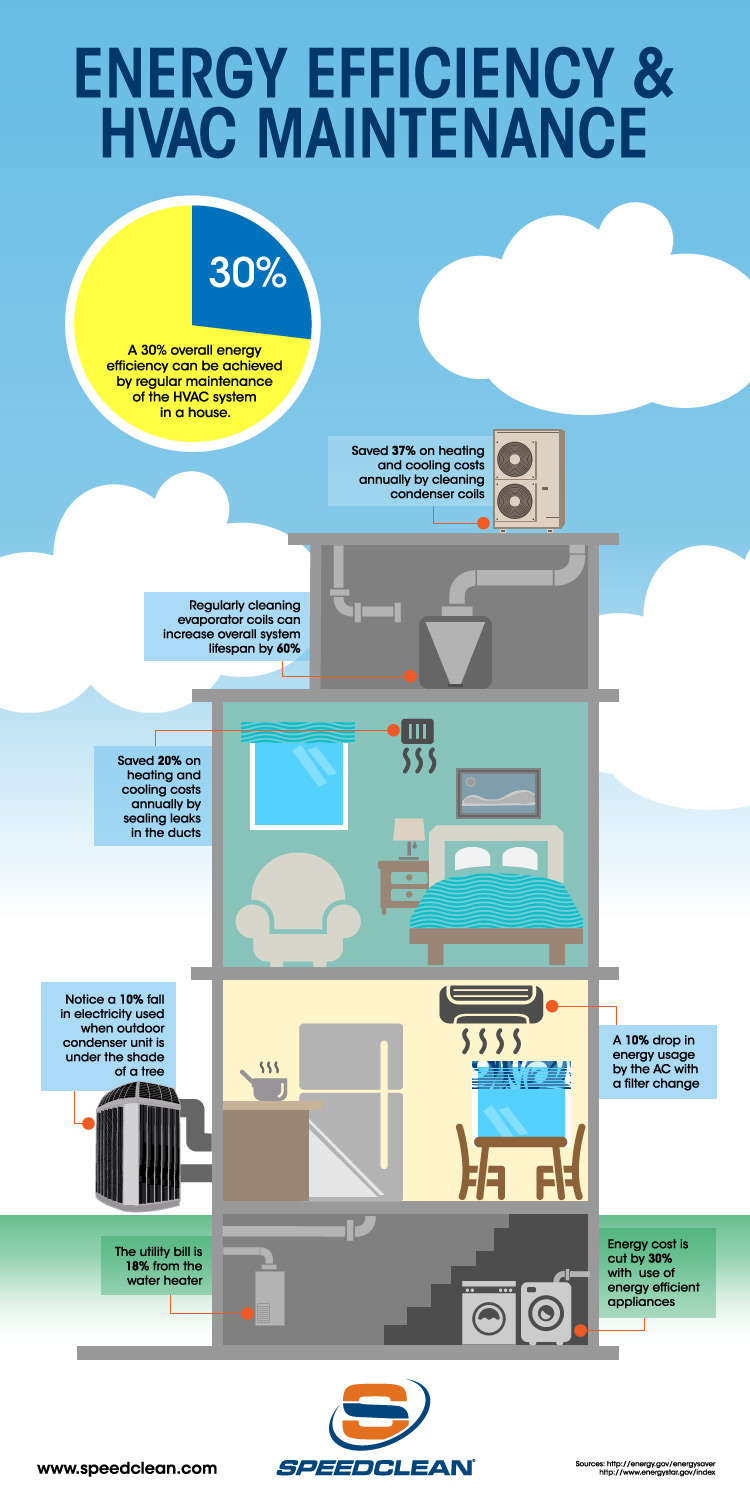Heatpump Vs Heater - Which Is The Better Home Heating Choice For Your Home?
Heatpump Vs Heater - Which Is The Better Home Heating Choice For Your Home?
Blog Article
Team Writer-Hjelm Sims
Many property owners recognize with heaters, which warm homes with oil or gas and press hot air via ductwork. Click To See More are relatively affordable and can offer dependable heating even during a winter season power interruption.
Nevertheless, they use nonrenewable fuel sources and produce carbon monoxide gas and other air contamination. They also aren't as energy-efficient as a high-efficiency heat pump.
Price
Usually, heatpump are a lot more inexpensive to operate than heating systems. They typically use power and cooling agent to extract heat from exterior air, and afterwards transfer it right into your home. You can make the most of more affordable electricity rates throughout off-peak hours to even more lower your heating costs.
Unlike heatpump, gas or wood-burning heaters utilize burning to produce warmth, producing flue gases right into the environment that can be unsafe to your health and wellness. These heaters are additionally less energy-efficient than heatpump, and their greater operating costs can add up in time.
Heating systems are much more complicated than heat pumps and require regular maintenance to make certain the correct feature of all components. Regardless of this, they often tend to last longer than heatpump with a regular lifespan of twenty years or more. However, you'll need to consider the price of gas, gas oil or timber and the extra tools required for installation and operation such as ducts and air flow systems.
Energy Effectiveness
Heat pumps have a greater energy performance rating than heaters. These systems use electrical energy to feed on warm from the air, also in freezing temperatures. They can additionally get rid of excess warm from the home throughout warmer months and recycle it to cool down the system. Carrier professionals can assist you establish the best design for your home based on environment and source energy expenses.
Heating systems burn gas oil, gas, gas or other kinds of nonrenewable fuel source to heat the air in the home. This air is then spread with ductwork making use of a huge follower. Furnaces create greenhouse gases and need regular maintenance and tools upgrades to make sure safe operation.
The greatest benefit of a heating system is that it can be run even in extreme winter months problems because it does not rely on exterior temperature levels to warm up the air. Heating systems additionally have a longer lifespan than heat pumps and usually last 15 years. They can likewise be paired with dual gas options, which choose the most efficient home heating choice based upon the weather condition.
Environment
Heat pumps function well in moderate environments and utilize much less resource power than heating systems. Nonetheless, if your area is incredibly cool, you may need to purchase a basic gas heating system rather.
Heaters supply cozy, relaxing warm and commonly provide quick heating to increase indoor temperatures. These systems can be used with a selection of gas kinds, consisting of natural gas, lp, oil or electricity.
They consume a lot more energy than heatpump-- approximately 3x as much-- and need ductwork that's expensive to mount or retrofit. They're additionally much more costly to maintain, as they can create air high quality issues and produce greenhouse gas emissions.
If you're dedicated to decreasing your carbon impact, a heat pump is an excellent choice for your home. They have less greenhouse gas exhausts than heaters, especially if you pick an ENERGY STAR ® heat pump. Your neighborhood Provider specialist can clarify the differences in between these 2 heater and help you make the best choice for your distinct requirements.
Individual Preferences
Furnaces can be really energy reliable when powered by gas, propane or oil, but they aren't as power effective as heat pumps in icy environments. They can additionally be more costly to install, needing gas lines and air flow systems.
Nonetheless, simply click the up coming website tend to call for less upkeep, which can cause lower recurring costs. They generate less greenhouse gases and are more trustworthy than heatpump throughout severe climate.
Electric heatpump are a lot more functional in producing interior convenience due to the fact that they can additionally act as ac unit during warmer months. They can be easier to preserve, calling for only normal air filter modifications and occasional vacuuming.
If you like the comfort of a single system that does it all, consider a hybrid heating option that pairs a furnace with an electrical heatpump. These systems can instantly change in between both heating options based upon your home's requirements and temperature problems, making the most of effectiveness and savings.